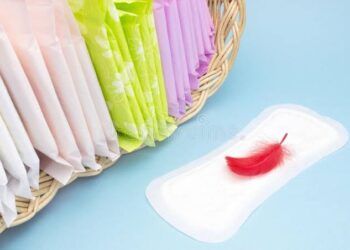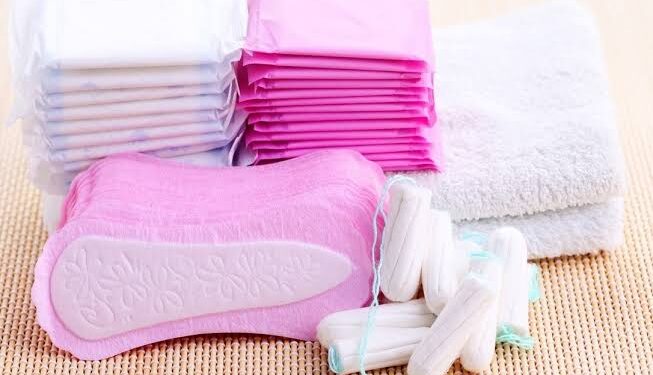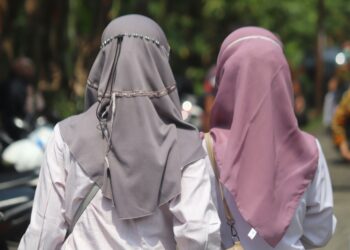Every May 28th, the world marks Menstrual Hygiene Day, a day to raise awareness about the importance of good menstrual hygiene management. This year’s theme, “#PeriodFriendlyWorld”, highlights a major issue faced by many women and girls globally: period poverty.
In Nigeria, the high cost of sanitary pads is forcing many girls, especially those from underprivileged backgrounds, to resort to unhygienic alternatives like rags and tissue paper. This can lead to infections and pose a serious health risk.

Maternal health experts and women’s rights advocates are urging the Nigerian government to take action. Professor Oladapo Ladipo, a renowned gynaecologist, suggests while speaking with PUNCH subsidizing sanitary pads or even making them free for schoolgirls. He argues that this would not only improve girls’ health but also help them stay in school during their periods.
The gynaecologist said, “Since people are not able to buy sanitary pads because of poverty, the government should subsidise the cost and also make them free for young adolescent girls in schools.
” Fortunately we have a new Minister of Health now who is very dynamic and I think the Federal Government is pro-health.
“ So we hope that there will be a possible response to our recommendations to them. They are partnering with stakeholders and they have listening ears.”
Concerns About Sustainability
While free sanitary pads sound like a positive solution, some questions remain. Executive Director Abiodun Ajayi of the Public Health Sustainable Advocacy Initiative suggests a more comprehensive approach. He proposes including sanitary products alongside food handouts in government poverty-relief programs. This raises questions about the long-term sustainability of such a solution.
He said, “The government is making efforts to share food palliative but more often, they forget that palliative should not only be targeted at food. We have a future we need to protect and this future also deserves this palliative.
“The government should be holistic in its approach. In a family, we may have seven adolescent girls who menstruate every month. So, the government needs to find a way of empowering their parents financially. The government needs to make sanitary products available for girls.
Learning from Others
The debate doesn’t stop at the borders. Advocates highlight successful initiatives abroad. Scotland, for instance, became the first country to offer free menstrual products, including reusable options. Kenya eliminated taxes on sanitary products and raw materials, while South Africa provides free pads to women in need. The message is clear: other countries are taking concrete steps, why can’t Nigeria?
The high cost of sanitary pads isn’t the only hurdle. Stigma surrounding menstruation also plays a part. UN Women emphasizes the need for education alongside policy changes to break the silence and create a period-friendly society.
The Road Ahead
Nigeria faces a complex challenge in addressing period poverty. Free sanitary pads are a potential solution, but questions remain about cost and sustainability. Learning from other countries and implementing a multi-pronged approach that includes education and access to clean sanitation facilities could be the key to creating a #PeriodFriendlyWorld for Nigerian girls.

















